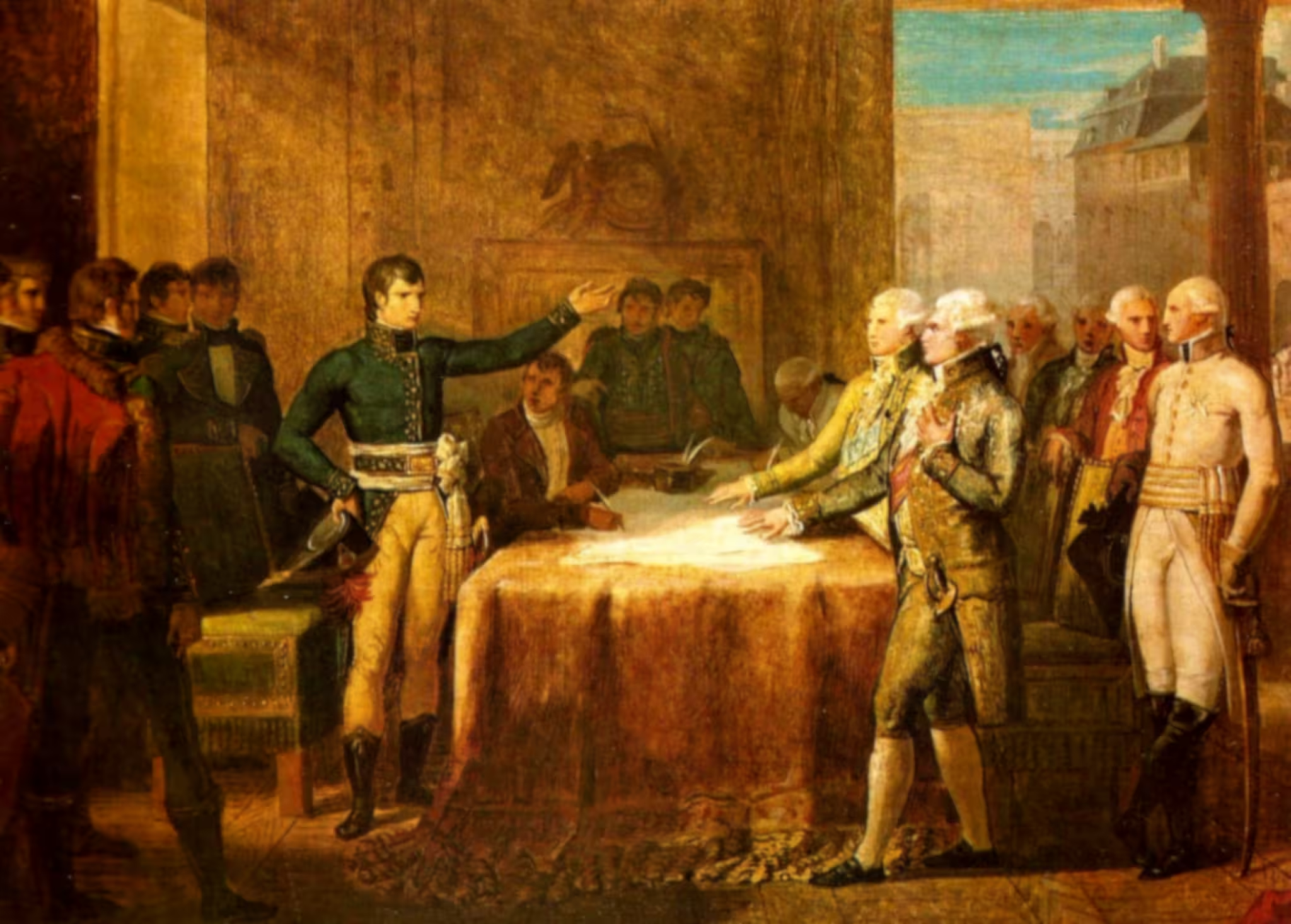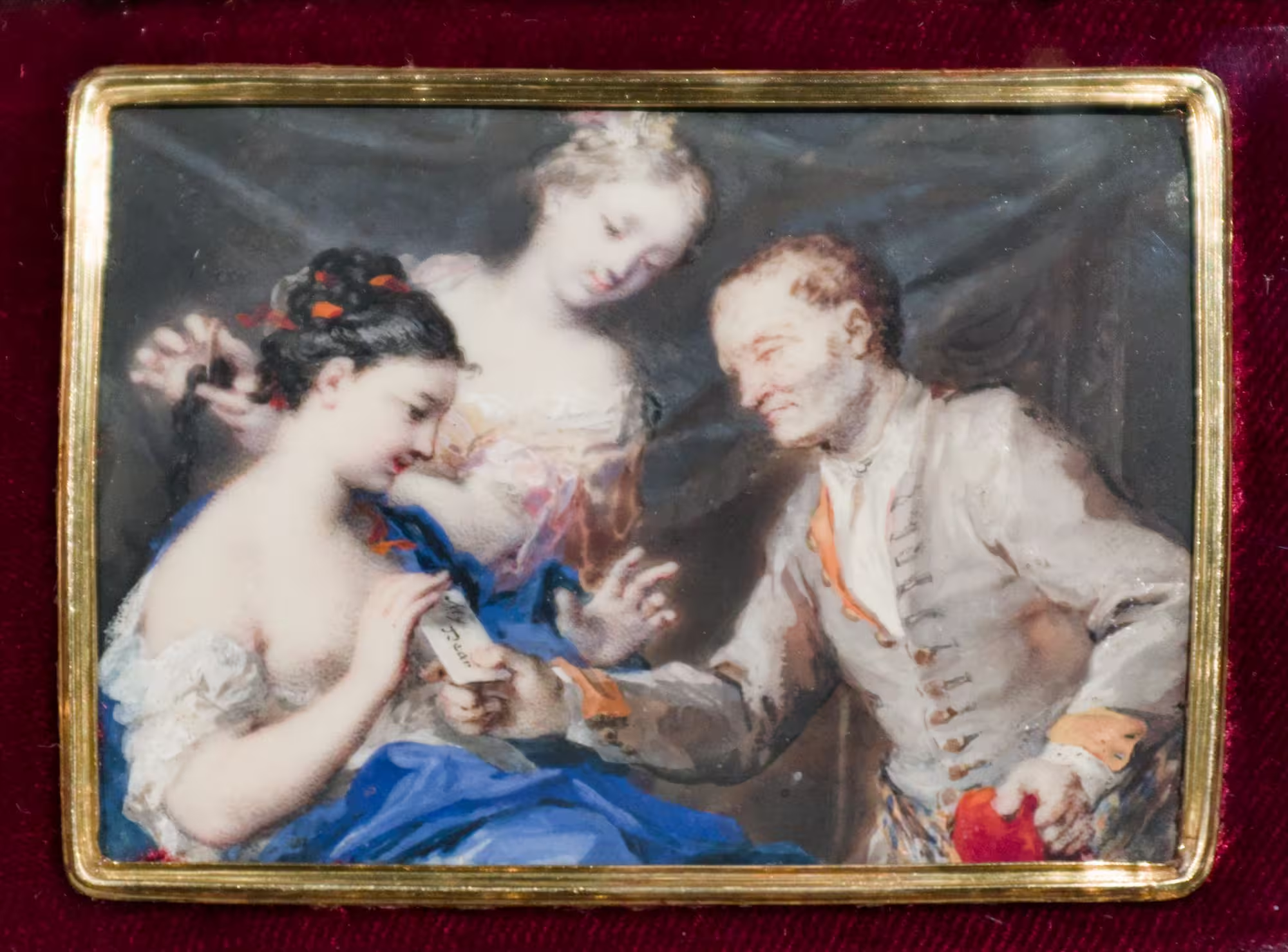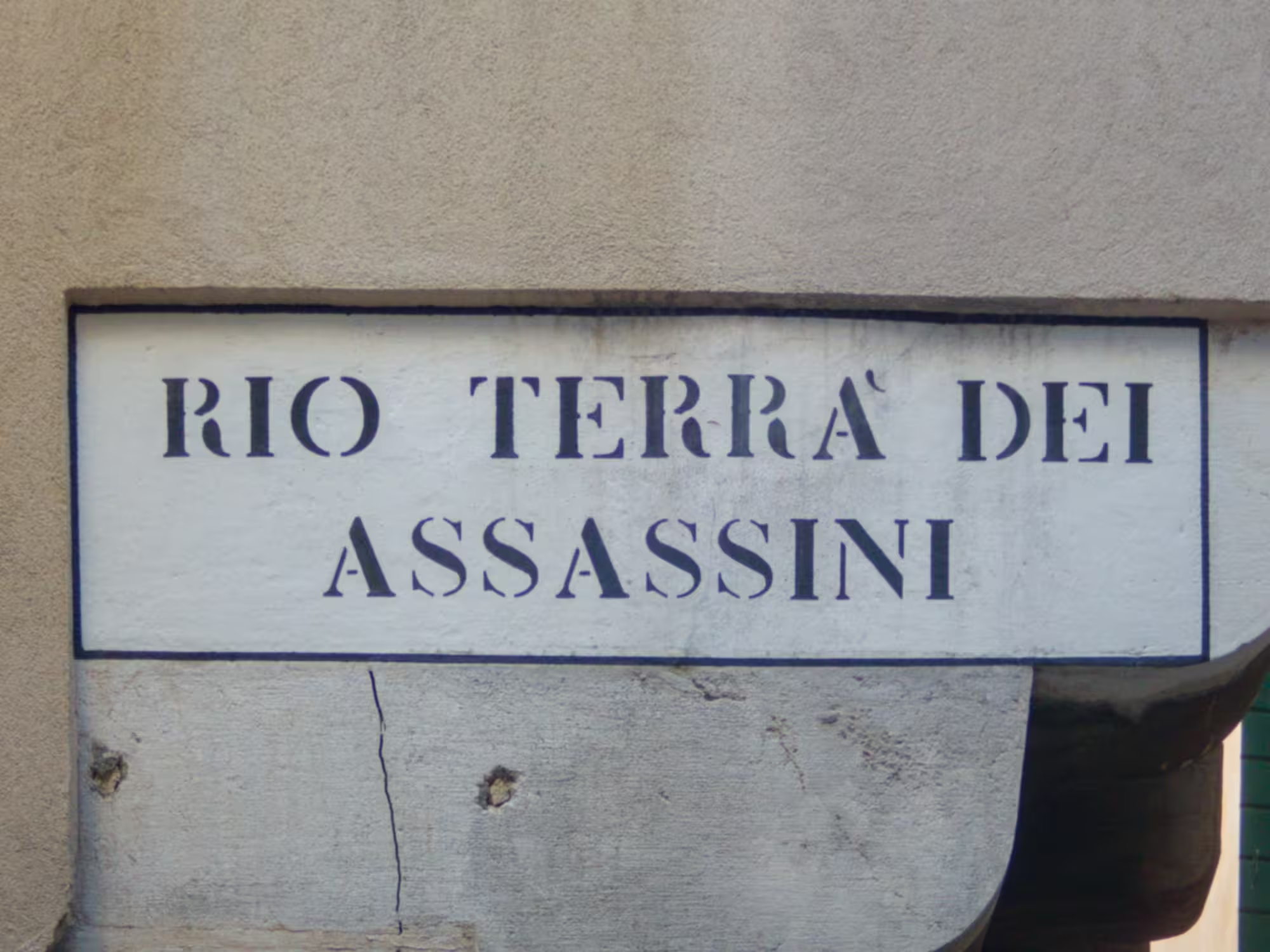The fall of Venice — the end of a republic that had existed for over a thousand years — was the result of a war that Venice formally wasn’t party to.
The French Revolution
The French Revolution threw Europe into turmoil for two decades.
Once revolutionary France abolished the monarchy and sent the king and queen to the guillotine, it ended up at war with all its neighbours.
Practically all the other European states were monarchies, and few could accept what they perceived as a frontal attack on the very concept of monarchy and hereditary power.
In 1795, the Directory of the revolutionary French Republic decided to open a front against the Austrian-Hungarian empire in Northern Italy.
The Habsburgs had many possessions and interests there, between Lombardy with the Duchy of Milan, and family connections to the duchies of Modena and Parma.
The Directory gave the command of the French army of some forty to fifty thousand soldiers to a 27-year-old Napoleon Bonaparte.
The Italian campaign
In April 1796 Napoleon invaded and defeated the Kingdom of Sardinia-Piedmont, and in May, he entered Austrian territory in Lombardy.
After the first battles, defeated Austrian troops fled into Venetian territory across the Adda river, soon followed by the Austrian governor of Lombardy.
Venice had stayed neutral throughout the wars. The Serenissima hadn’t recognised the revolutionary government in Paris, but it hadn’t joined the first alliance against France either. Quite a few members of the French aristocracy had sought refuge in Venice.
Neutrality notwithstanding, the French pursued the fleeing Austrians into Venetian territory, and Napoleon himself showed up in the city of Crema, accusing the Venetians of helping both the fleeing Austrians and French aristocrats.
Venice protested the violation of its neutrality, but the reply of Napoleon was demands for provisions for the French troops and free passage to pursue the Austrians.
As the fighting between Napoleon’s army and the Austrians dragged out, the French encroached still more on Venetian territory.
The Venetian state hadn’t mobilised for a war that wasn’t theirs. On the contrary, they had gone to great lengths to not be perceived as a threat by both the French and the Austrians.
As a result, Venice had too few soldiers to man the fortified cities, way too little artillery and the navy was too far south to be useful. All this to lower the posture.
Napoleon consequently acted not only with important but also with arrogance. His troops soon entered Verona, and later Brescia and Bergamo.
Venice wasn’t formally at war with France, but Napoleon’s troops were all over the mainland, and did as they pleased.
A much anticipated Austrian counteroffensive lasted from the summer of 1976 until January, but when the Austrians lost their stronghold in Mantova, the war was all but over.
Napoleon’s undeclared war on Venice
While Venice had effectively lost most of the mainland to Napoleon without a fight, they still had the city of Venice and the lagoon, and Istria and Dalmatia across the Adriatic.
Efforts started to secure and fortify the lagoon, to mobilise troops in Istria and Dalmatia, and to recall the navy back to Venice.
The Senate reinstated an ancient ban on foreign ships entering the lagoon in times of war, making an attack from the sea more difficult.
That Venice clearly prepared to put up a fight annoyed Napoleon, and he staged ‘rebellions’ in Bergamo and Brescia, which declared their independence from Venice.
When the Venetians complained, Napoleon not only demanded they join an alliance with France and the Ottoman Turks against Russia, he also wanted money and arms.
Venice rejected the demand, as an alliance with the Turks would be unacceptable to the population of the Dalmatian and Greek parts of the Venetian dominio de mar.
The ultimatum
Napoleon was negotiating with the Austrians for a division of Northern Italy. In these tasks he offered Venice, Istria and Dalmatia to the Habsburgs in return for Lombardy and Milan.
Such a deal would have the Austrian-Hungarian empire access to the Mediterranean.
This swap would happen later in the same year, with the Treaty of Campoformio. Clearly, Napoleon had no plans of keeping Venice, but he needed Venice as a bargaining chip to get the wealthy and fertile Lombardy.
Napoleon had early attacked the Papal state and taken the harbour city of Ancona, thereby getting access to the Adriatic.
From here he sent a small fleet of small ships towards Venice. They entered the lagoon at San Nicolò, but the troops at the Sant’Andrea fortress fired and killed the admiral.
In early May, Napoleon sent an ultimatum to Venice.
Venice had to free all prisoners, disband all citizen’s militias, stand down their regular troops and allow French troops to control the city.
Surrender
There was little Venice could do.
Napoleon had firm control of the mainland, and Jacobin agents were stirring up trouble all over, even within Venice itself. The French were actively preparing to ferry troops across the lagoon into the city of Venice.
Venice did not have the troops or the artillery necessary to counter Napoleon’s army. Neither did they have the experienced commanders needed. The previous war was almost eighty years ago.
On the morning of May 12th, 1797, the Consiglio Maggiore met, and after a short debate voted to dissolve itself.
Less than half the members attended, so formally the vote wasn’t valid, but that mattered little in such a situation.
Following the vote, the doge abdicated. His authority was derived from the Consiglio Maggiore, and had vanished with the council.
The Republic of Venice was no more.
Related articles
- A Chronology of the Fall of Venice
- The fortress of Sant’Andrea
- Domenico Pizzamano
- The Republic of Venice
- State institutions of the Republic of Venice
- Chronology of major Venetian state institutions
- The Venetian constitution
- Doges of Venice
- The Consiglio Maggiore
- The Doge





Leave a Reply